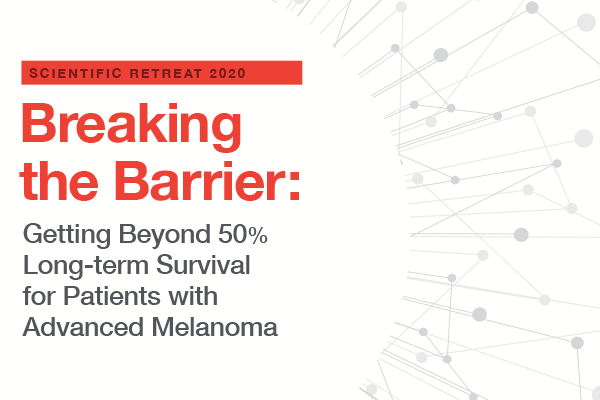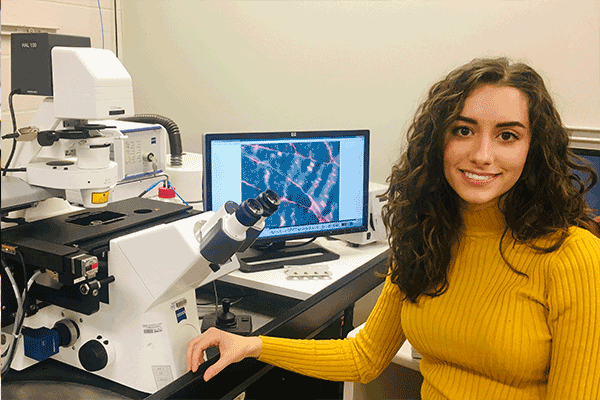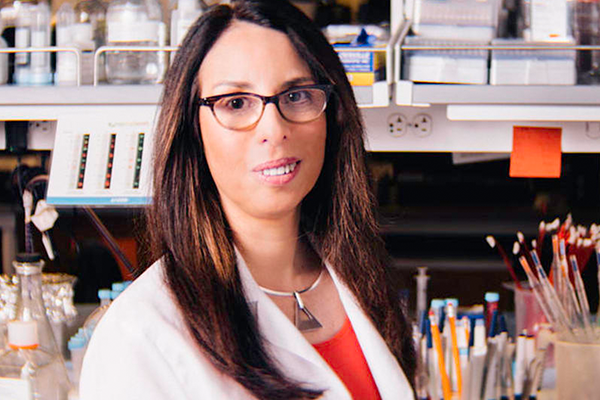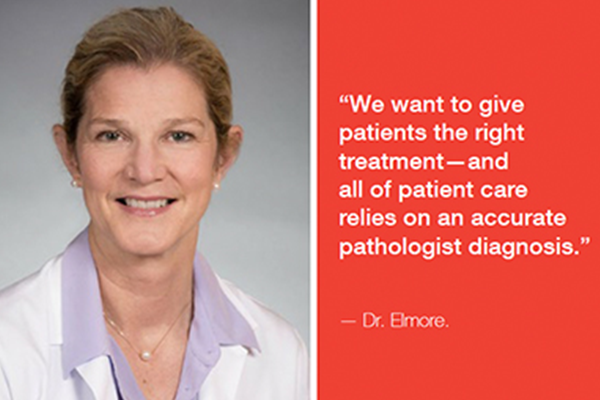Category: Science
A Personal Journey, A Virtual Platform
23 June 2020 In Melanoma Stories, Prevention, Science
Meet Shirin Bajaj, a third-year resident at NYU’s School of Medicine and MRA Dermatology Research Fellow. Learn about her work and MRA's Dermatology Fellowship Award Program.
Maintaining Momentum in Melanoma Research
8 June 2020 In Allies & Partnerships, News, Policy, Prevention, Science, Treatment
The last decade has been one of substantial progress and hope for many melanoma patients, researchers, and clinicians. With 12 new therapeutic approaches now approved to treat melanoma, many advanced-stage patients are seeing their tumors shrink or disappear, and are experiencing renewed hope for a brighter future.
From Dermatology to Treatment: Second Opinions, Clinical Trials & becoming Your Own Best Advocate
By Cody Barnett, MPH, MRA Senior Director of Communications & Patient Engagement | 29 May 2020 In Melanoma Stories, Science, Treatment
Through his journey with melanoma, Patrick has learned the importance of always being his own best advocate, getting second opinions, and considering clinical trials.
Lighting up Melanoma (One Cell at a Time)
18 May 2020 In Allies & Partnerships, Prevention, Science, Treatment
Meet Aditi Sahu, a post-doctoral fellow at Memorial Sloan Kettering Cancer Center, and MRA Dermatology Research Fellow. Learn about her work and MRA's Dermatology Fellowship Award Program.
Putting Healthy Skin First - L’Oréal Active Cosmetics Division & MRA Strengthen Longstanding L’Oréal and MRA Partnership
By Cody Barnett, MPH, MRA Senior Director of Communications & Patient Engagement | 1 May 2020 In Allies & Partnerships, News, Science
Some partnerships just make sense. For example, L’Oréal-owned SkinCeuticals, CeraVe and La Roche-Posay apart of the L’Oreal Active Cosmetics Division and MRA both share a mission and ethos for promoting healthy skin. It is no surprise that the two are longtime partners in the fight against melanoma. In fact, these brands and MRA have just announced an expanded partnership just in time for Melanoma Awareness Month.
MRA Announces $11 Million for 26 Grant Awards to Advance Melanoma Research
By Cody Barnett, MPH, MRA Senior Director of Communications & Patient Engagement | 30 April 2020 In News, Science
With the world’s attention focused on the response to COVID-19, the Melanoma Research Alliance (MRA) knows that long after this pandemic has ended, melanoma research will still be urgently needed. To this end, and in recognition of Melanoma Awareness Month, the Melanoma Research Alliance (MRA), the largest non-profit funder of melanoma research, is proud to announce funding for 26 research awards totaling $10.9 million.
Bridging the Knowledge Gap Through AI
30 April 2020 In Science
Meet Enrica Quattrocchi, a clinical dermatology fellow at the Mayo Clinic, and MRA Dermatology Research Fellow. Learn about her work and MRA's Dermatology Fellowship Award Program.
Dr. Villanueva Takes Aim at NRAS Mutant Melanoma
By Cody Barnett, MPH, MRA Senior Director of Communications & Patient Engagement | 28 March 2020 In Melanoma Stories, Science, Treatment
When Dr. Villanueva began her work in melanoma, some 15 years ago, it was the perfect scientific challenge. How could a disease be so aggressive – and still be such a mystery?
Then things got personal.
Coronavirus: What People with Cancer Should Know
24 March 2020 In News, Policy, Science, Treatment
Coronaviruses are a large family of viruses that are common in people and many different species of animals. CDC is responding to an outbreak of respiratory disease caused by a novel (new) coronavirus that was first detected in China and has now been detected in the United States and many other countries.
Harnessing Artificial Intelligence to Detect Melanoma Earlier
2 March 2020 In Science
As an internist, Dr. Joann Elmore was taught to ask questions. Those questions led her to spend much of her career in breast cancer research where she found extensive variability among radiologists’ interpretation of mammograms. “Radiology data is subjective, just like art. You’re being asked to classify visual data,” Elmore says.










